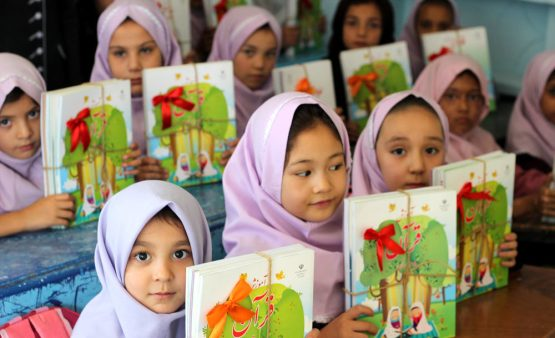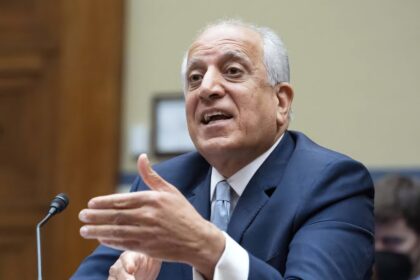RASC News Agency: The Islamic Republic of Iran has recently announced that Afghanistani students holding only census documentation or “voluntary return” permits will be barred from registering in Iranian schools for the 1404 academic year (2025–2026). This controversial directive, issued by Tehran’s Department of Education, represents a significant restriction on the educational access of thousands of migrant children. In an official letter addressed to school administrators, Yousef Baharloo, Director General of the Department of Education for the Counties of Tehran, instructed schools to deny registration to all Afghanistani students in possession of census forms or exit permits. He also ordered school officials to refrain from referring the parents of such students to the central education office an indication that the policy will be enforced uncompromisingly.
Currently, an estimated two million Afghanistani migrants reside in Iran, many of whom lack formal residency but hold temporary census documentation issued by Iranian authorities. Nader Yarahmadi, the head of Iran’s Office for Migrant Affairs, previously stated that more than 610,000 Afghanistani students are enrolled in Iranian schools. However, he provided no details on how many of these students fall into the category now facing expulsion. The decision has triggered growing anxiety among Afghanistani families, especially those who migrated to Iran after the Taliban’s rise to power and its subsequent ban on girls’ education. These families sought refuge in Iran primarily to secure basic educational opportunities for their children many of whom are now at risk of being pushed out of the classroom once again.
Iran’s treatment of Afghanistani migrants has long drawn criticism from human rights organizations both domestically and abroad. In particular, education has remained one of the most contentious and politically sensitive issues. Analysts warn that this policy could lead to broader social consequences, including the marginalization of an already vulnerable population. Access to education is a universally recognized human right. By denying schooling to Afghanistani children many of whom have already suffered under oppressive educational bans in their homeland Iran risks deepening existing inequalities and fueling cycles of poverty, resentment, and alienation within migrant communities.
This latest move further complicates the already precarious situation of Afghanistani refugees in Iran and casts a shadow over the country’s commitment to international human rights standards.






